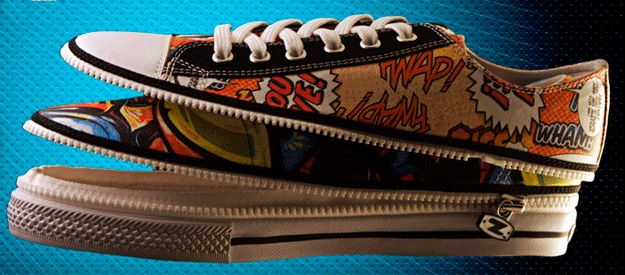In the world of fashion and streetwear, authenticity often comes with a hefty price tag. The allure of owning a pair of iconic Jordan 4 sneakers, worn by basketball legends and streetwear enthusiasts alike, can be irresistible. However, the rise of counterfeit jordan 4 reps has presented a hidden danger to consumers beyond just the ethical dilemma of supporting counterfeit goods.
The jordan 4 reps sneakers, often marketed as high-quality copies, pose significant risks that go beyond the surface appearance. Here are some of the hidden dangers associated with purchasing these knockoffs:
1. Quality Concerns:
Counterfeit Jordan 4 replicas are notorious for their inferior quality. While they may look like the authentic version at first glance, these knockoffs often use substandard materials and craftsmanship. The result is footwear that not only lacks the comfort and durability of the original but may also pose risks such as poor fit, uncomfortable wear, and potential foot injuries.
2. Health Risks:
The materials used in counterfeit sneakers are often not regulated or tested for safety. They may contain harmful chemicals, dyes, or glues that can cause allergic reactions or skin irritations. Prolonged exposure to such materials through regular wear can lead to serious health issues, especially for individuals with sensitive skin or allergies.
3. Supporting Criminal Activity:
The counterfeit industry is closely tied to organized crime and often funds illicit activities such as human trafficking, drug trafficking, and child labor. By purchasing knockoff Jordan 4 sneakers, consumers inadvertently support these criminal networks and contribute to the exploitation of vulnerable populations around the world.
4. Legal Consequences:
While purchasing counterfeit goods may seem harmless on the surface, it is illegal in many countries. Consumers caught buying or selling counterfeit products can face fines, legal action, and damage to their reputation. Moreover, the production and distribution of counterfeit goods contribute to economic losses for legitimate businesses and governments.
5. Ethical Considerations:
Choosing to buy counterfeit products undermines the hard work and creativity of designers, manufacturers, and retailers who produce authentic goods. It devalues innovation and fair labor practices while perpetuating a cycle of exploitation within the global supply chain.
The allure of owning a pair of Jordan 4 sneakers at a fraction of the cost is tempting, but the hidden dangers associated with purchasing replica knockoffs far outweigh the benefits. From compromised quality and potential health risks to supporting criminal activities and facing legal consequences, consumers must consider the broader implications of their purchasing decisions. Ultimately, investing in authentic products not only ensures quality and safety but also upholds ethical standards and supports legitimate businesses in the fashion industry.






